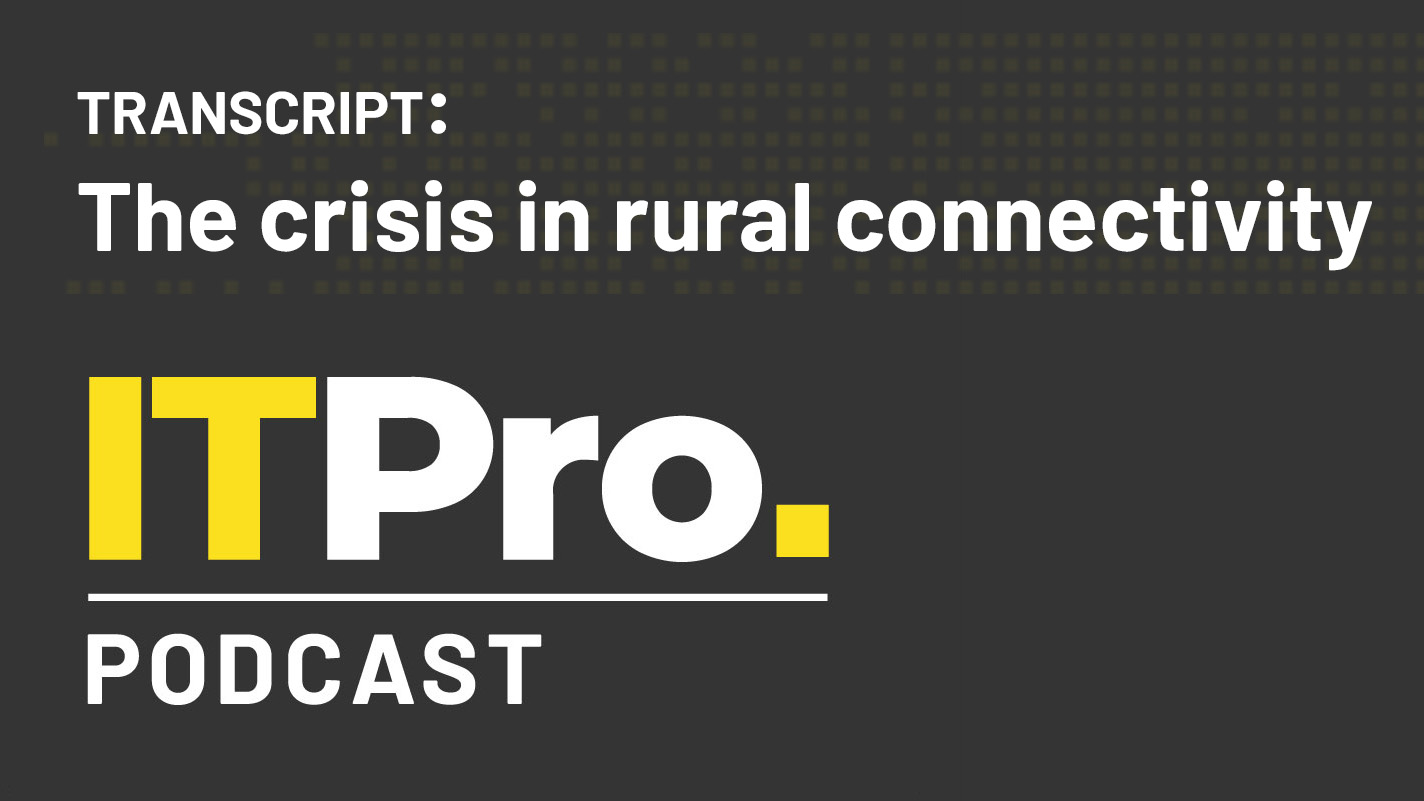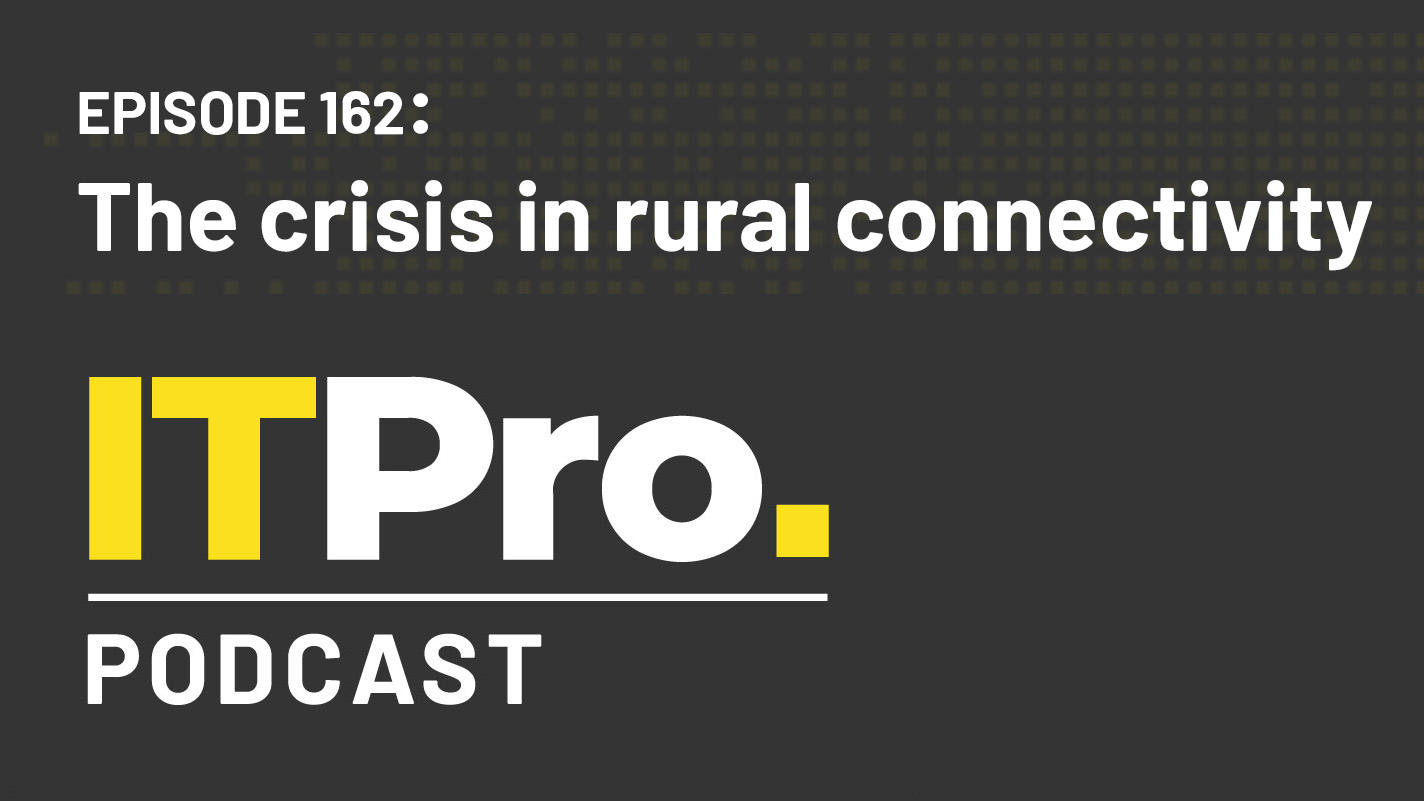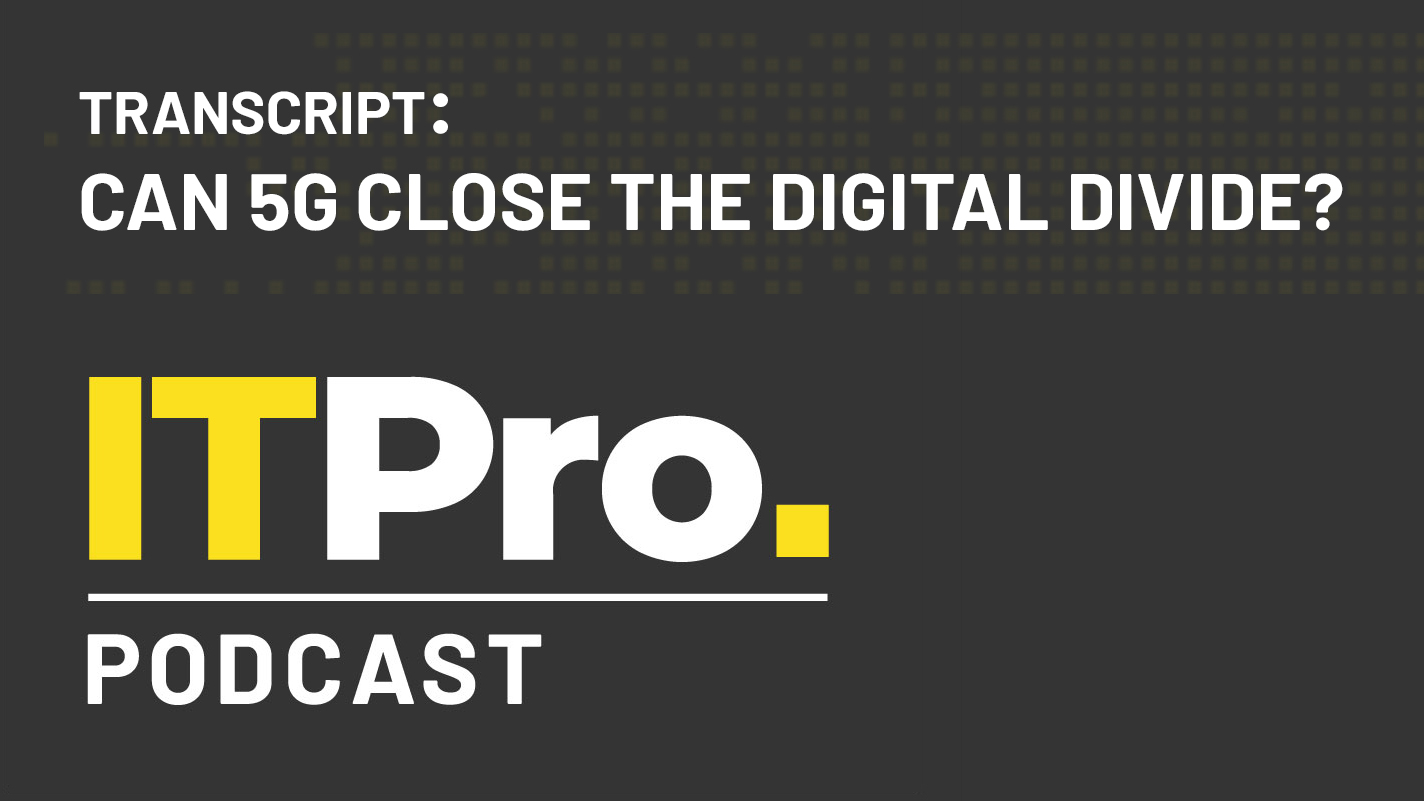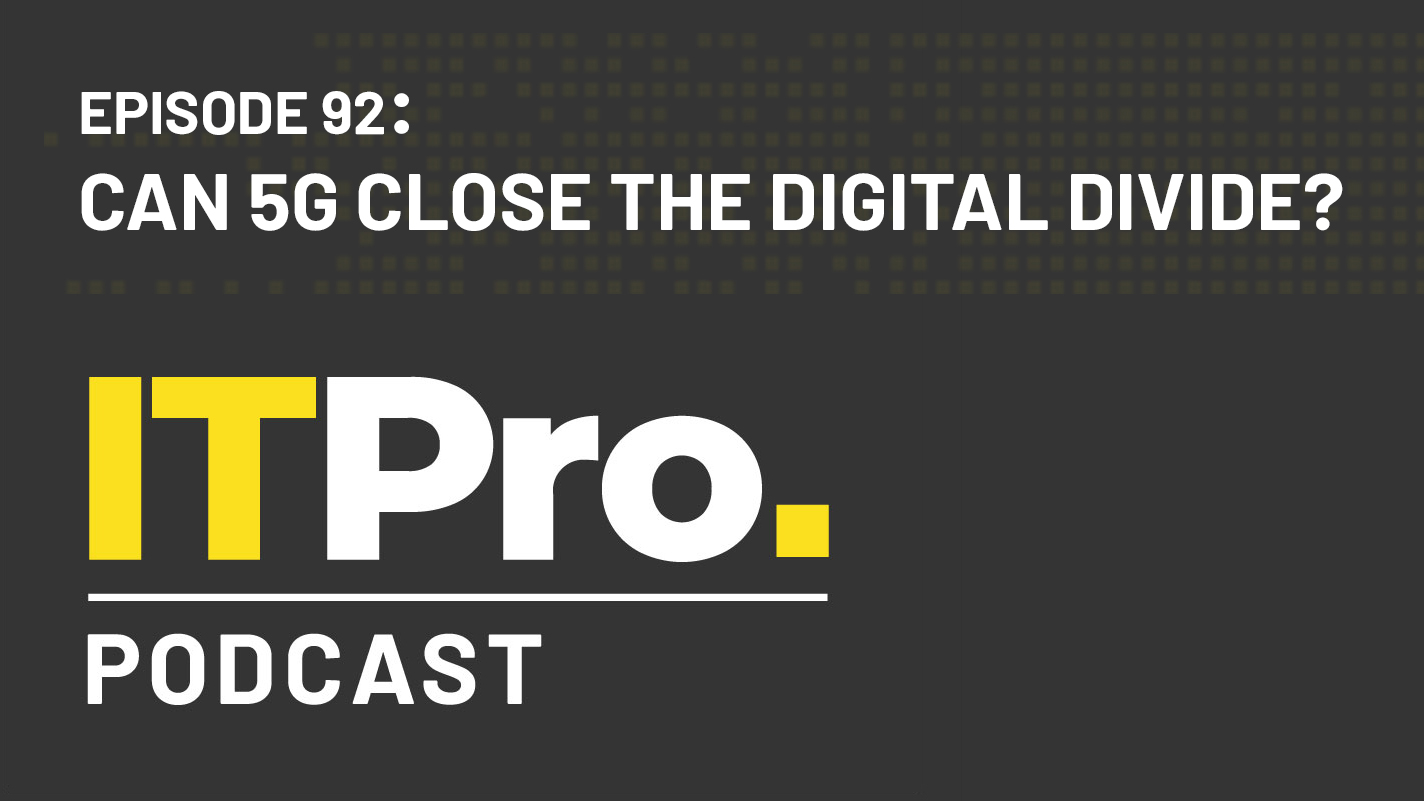No internet for a third of homes
Gulf between internet haves and have nots is still an issue despite the falling cost of mobile and fixed broadband.


Despite living in the so-called digital age, more than a third of UK households are still bereft of internet access, according to the latest figures from the Office of National Statistics.
As of this year, almost 16.5 million homes (65 per cent) are connected to the net, claims the ONS' Omnibus survey. While this is an increase of 1.23 million over 2007's figures, it still means that 35 per cent of UK homes are missing out.
This potentially has wider implications than just not being able to access Facebook or surf the web as it seriously inhibits the pool of customers for online businesses or those offering web-based self-service methods of customer interaction.
Perhaps more worryingly is the issue of age. Those aged 65 and older are still less likely to use the net than everyone else, with 70 per cent claiming they've never used it, according to the ONS.
When it comes to silver surfers or lack of them - David Sinclair, head of policy for Help the Aged, argues it's time for the government and industry to act.
"This is not only about getting cheap car insurance online. It is about equality in the marketplace. We know internet access can mean a difference of hundreds of pounds over the year from deals on utility bills, food to all other manner of other goods. In a time when costs are rising should we not allow the poorest among us a chance to keep afloat?" he said.
"The government must make older people a central aspect of the digital equalities strategy expected this autumn," he added, citing a recent Help the Aged study that found a fifth of older people were keen to learn more about the web and new technology.
Sign up today and you will receive a free copy of our Future Focus 2025 report - the leading guidance on AI, cybersecurity and other IT challenges as per 700+ senior executives
Sinclair concluded: "It is time for industry to deliver more accessible and usable technologies, which will allow them access to a huge market. The government needs to invest in education and access to hardware, or see a technological divide enforcing these economic inequalities."
Of those hooked up to the net, 86 per cent are taking advantage of broadband connectivity.
South Eastern dwellers are more likely to be net-connected, while their North Eastern cousins are least likely to be online, according to the statistics.
"The most common response, when adults were asked why their household did not have an internet connection, was that they did not need it (34 per cent)," stated the ONS in a statement releasing the figures.
"The last time adults were asked why they did not have an internet connection was in 2006. Since then, while overall numbers are down, there has been a significant increase in the proportion of adults who stated they did not want the internet, from 3 per cent in 2006 to 24 per cent in 2008."
Maggie has been a journalist since 1999, starting her career as an editorial assistant on then-weekly magazine Computing, before working her way up to senior reporter level. In 2006, just weeks before ITPro was launched, Maggie joined Dennis Publishing as a reporter. Having worked her way up to editor of ITPro, she was appointed group editor of CloudPro and ITPro in April 2012. She became the editorial director and took responsibility for ChannelPro, in 2016.
Her areas of particular interest, aside from cloud, include management and C-level issues, the business value of technology, green and environmental issues and careers to name but a few.
-
 Gov's broadband plans do little to address 'rural brain drain', expert warns
Gov's broadband plans do little to address 'rural brain drain', expert warnsNews Businesses are still unable to compete with urban counterparts, forcing job seekers into the cities and suppressing innovation
-
 Podcast transcript: The crisis in rural connectivity
Podcast transcript: The crisis in rural connectivityIT Pro Podcast Read the full transcript for this episode of the IT Pro Podcast
-
 The IT Pro Podcast: The crisis in rural connectivity
The IT Pro Podcast: The crisis in rural connectivityITPro Podcast Rural businesses are still being left behind and face shutdowns of 3G and copper without anything to fall back on
-
 UK government to run Starlink trials in Snowdonia, Lake District
UK government to run Starlink trials in Snowdonia, Lake DistrictNews The government has indicated low-Earth orbit satellites could be key to expanding connectivity to UK businesses
-
 Satellite broadband could turbocharge rural business connectivity
Satellite broadband could turbocharge rural business connectivityIn-depth The burgeoning industry is pledging to succeed where fibre has failed, in a much-needed push to connect chronically underserved businesses
-
 Podcast transcript: Can 5G close the digital divide?
Podcast transcript: Can 5G close the digital divide?IT Pro Podcast Read the full transcript for this episode of the IT Pro Podcast
-
 The IT Pro Podcast: Can 5G close the digital divide?
The IT Pro Podcast: Can 5G close the digital divide?IT Pro Podcast Connectivity is essential for modern life - but can 5G help bring it to those without?
-
 BT's 'SoHo' business aims to help SMBs rebuild post-pandemic
BT's 'SoHo' business aims to help SMBs rebuild post-pandemicNews The spin-off will offer broadband packages, free digital skills training and cyber security tools to SMBs and startups


